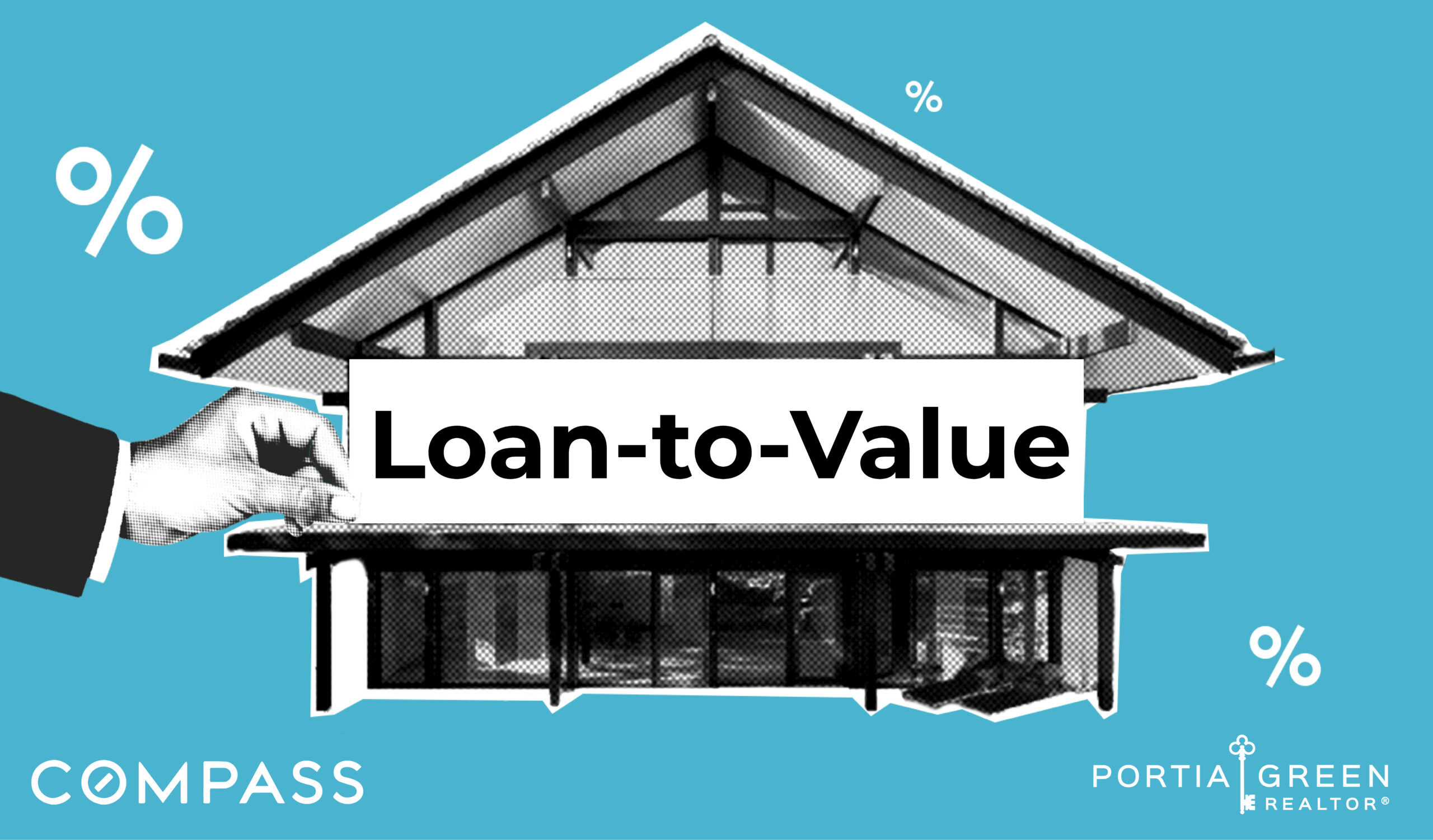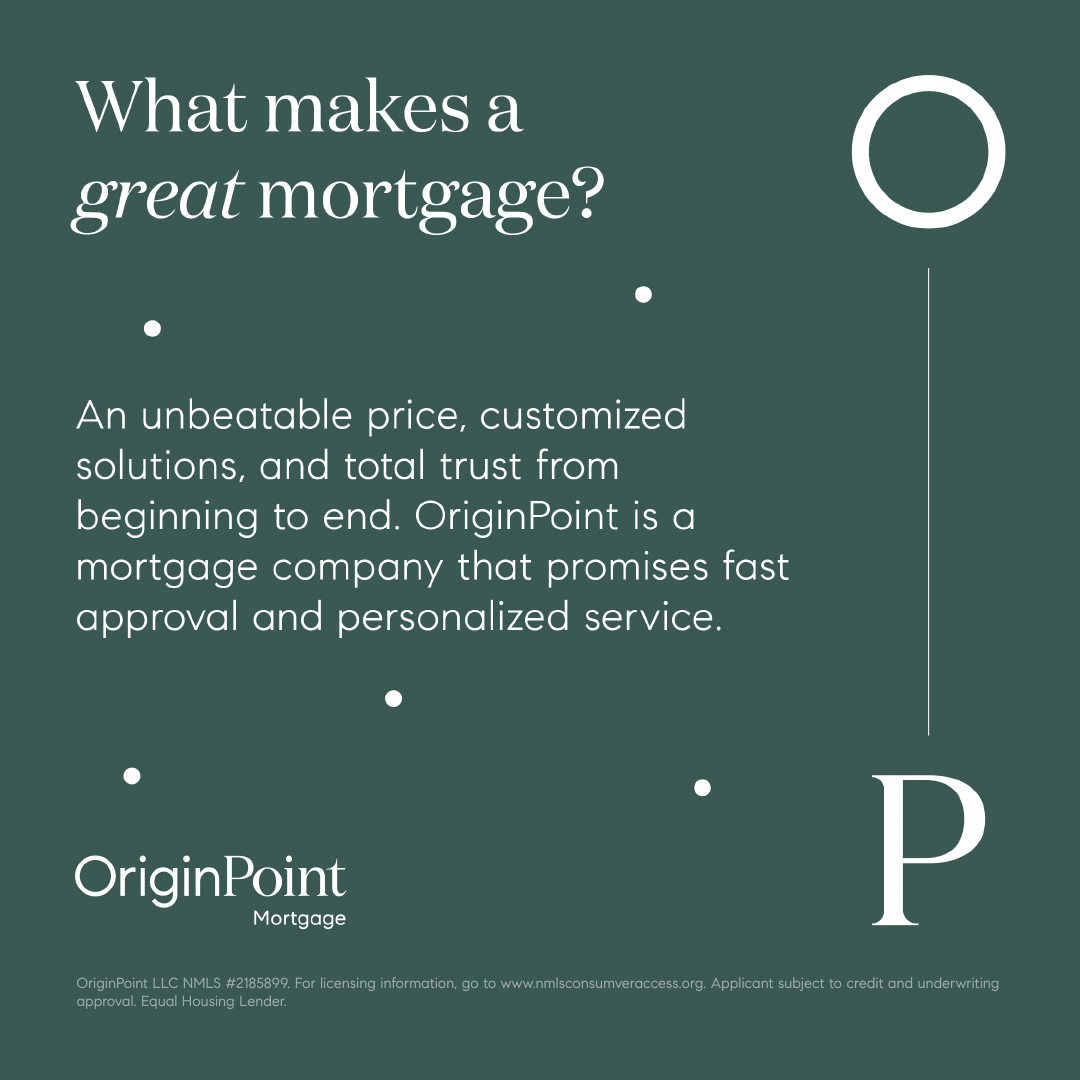Loan-to-Value Ratio in San Diego

Homes for Sale with Assumable Mortgages
What Is Loan-to-Value in Real Estate?
This metric is one of many tools lenders use to assess their risk when considering a home loan for approval. It affects your loan eligibility and the interest rate you’ll receive.
What Does Loan-to-Value Mean?
A high LTV greater than 80% means you’re making a lower down payment. A low LTV below 80% means you’re making a higher down payment. Lower LTVs mean less risk for lenders and better deals for you. Aim for a lower LTV by putting down bigger down payments at close. Keep an eye on property values, as they affect your LTV and refinancing options. Understanding how to balance Loan-to-Value ratio helps you play the real estate game smarter and stay a step ahead.
Tranferrable Mortgage Homes for Sale
Why Is Loan-to-Value Ratio Important?
How Is Loan-to-Value Ratio Calculated?
Simply divide the loan amount by the home value, and then multiply that decimal by 100 to turn LTV ratio into a percentage. Easy, right? The loan-to-value (LTV) ratio shows how much you’re borrowing from a lender as a percentage of your home’s appraised value.
Loan To Value = Mortgage Amount / Property Value
The higher your LTV, the riskier you’ll appear during the loan underwriting process because a low down payment signals less equity in your property making you more likely to default on your loan.
Ideal Loan-to-Value Ratio
Assuming a purchase price of $1M ($1,000,000) for simplicity sake:
• 70% LTV= 30% cash
(eg: $300K down + $700K mortgage)
• 75% LTV= 25% cash
(eg: $250K down + $750K mortgage)
• 80% LTV= 20% cash
(eg: $200K down + $800K mortgage)
• 85% LTV= 15% cash
(eg: $150K down + $850K mortgage)
• 90% LTV= 10% cash
(eg: $100K down + $900K mortgage)
• 95% LTV= 5% cash
(eg: $50K down + $950K mortgage)
VA Loan Limits San Diego County
2024 Fannie Mae & Freddie Mac Conforming Loan Limits for VA Loans in San Diego County:
• One-Unit Limit:
$1,006,250
(House/Condo/Townhouse)
• Two-Unit Limit:
$1,288,200
(Duplex)
• Three-Unit Limit:
$1,557,150
(Triplex)
•Four-Unit Limit:
$1,935,150
(Fourplex)
VA Approved Homes in San Diego
FHA Loan Limits San Diego County
2024 Fannie Mae & Freddie Mac Conforming Loan Limits for FHA Loans in San Diego County:
• One-Unit Limit:
$1,006,250
(House/Condo/Townhouse)
• Two-Unit Limit:
$1,288,200
(Duplex)
• Three-Unit Limit:
$1,557,150
(Triplex)
•Four-Unit Limit:
$1,935,150
(Fourplex)
FHA Approved Listings San Diego
USDA Loan Limits San Diego County
Eligibility for USDA loans in San Diego is based on factors like income and location. Follow the latest updates from the United States Department of Agriculture or consult with a local lender specializing in USDA loans to determine their eligibility and the applicable loan limits for their specific circumstances.
For more info on the California Housing Finance Agency (CalHFA) specific USDA program and details about rural home loans or farmstead mortgages in San Diego County, you can also contact:
USDA Rural Development
430 G Street, Agency 4169
Davis, CA 95616
Phone: 530.792.5800
Email: ca.info@usda.gov
State Director’s Office: 530.792.5800
Business & Co-op Programs: 661.281.2736
Community Programs: 805.863.9928
Housing Department: 530.792.5830
USDA Eligible Properties in San Diego
Can Loan-to-Value Be Greater than 100%?
What is Loan-to-Value for Refinance?
What is Loan-to-Value for HELOC?
The Bottom Line on Loan-to-Value Ratio
Assumable Loan Listings San Diego
loan san diego, origin point mortgage san diego, san diego mortgage, home loan san diego, san diego home mortgage companies, va loan san diego limit, loan income limit eligibility, san diego county loan limit lookup, redfin mortgage san diego, zillow mortgage calculator, free house payment estimate san diego, mortgage amortization calculator, free amortization schedule, how much house can i afford, fha loan san diego limit, what is my dti, debt to income ratio calculator, usda loan san diego limit, zillow mortgage rates, bankrate mortgage calculator, mortgage calculator with down payment, loan to value reddit, san diego real estate and loans, good loan to value, high loan to value, loan to value ratio real estate, land loan san diego, loan to value debt ratio, lending tree calculate second mortgage, rocket mortgage san diego, san diego mortgage rates
About The Author
Portia Green, REALTOR®
Portia’s clients all have a similar story. Most likely, you met her huddled around a tablet at the dinner table yet she feels like a friend. Her personable nature and easy going approach attract Sellers and Buyers alike, in what can be a stressful and emotionally charged event. A talented REALTOR® with 18 years experience, Portia is just as excited about real estate today as she was with her first transaction. She remains ever-committed to helping her clients find their place in the world and helping busy people navigate this crazy real estate market like a pro.







